This isn't a subject that I can speak from personal experience, as most of my publishers would be classified as small press, but I've heard plenty from authors published by the big NY publishing houses - usually after the 3rd martini - to at least pass on the gist of the differences.
Small presses tend to be started by people with a passion for books. Once upon a time, all big houses were small houses, but the giant media conglomerates that buy them are a bit like slake moths (read Perdido Street Station to get that reference) that leave them alive, but soul dead.
Small presses are usually run by very small staffs, so the decision makers are accessible.
Because the owners have a passion for books, small presses tend to take risks on books that slipstream (fit more than one genre description, one of them usually being science fiction) or that appeal to a smaller audience. Most GLBT focused publishers fall into this category. Many small presses also take risks on newer writers. Many are willing to publish books that have long tails rather than selling most copies in the first six weeks following release.
Most e-publishers will publish a wide spectrum of lengths from individual short stories to long novels. They will keep your book up for sale for as long as your contract states they have it, so e-published works tend to have an extremely long tail. (One of my short stories was on a best-seller's list for almost two years.)
However, small presses have small budgets. They have difficulty getting their books on bookstore shelves. They tend to have little promotion budget (not that the big houses spend anything on promotion these days) And advances tend to be smaller or non-existent (advances are disappearing from the big houses too). I don't know of any e-publishers that pay advances. (let me know if one does)
You can't submit directly to most big houses. You'll have to get an agent who will submit your work. (That subject is worthy of a post of it's own). Big houses want product. They want a book they can slap on the front table at a mega bookstore that has wide appeal and that will sell well in six weeks. If you write best-seller material, they are definitely your best best as they will pay you the most up front and get the wide distribution necessary to drive sales. They will give you exposure in bookstores and on online booksellers (who wouldn't dare accidentally on purpose disappear your NY published book or delete your bio if it included words like gay or queer). The quality of editing in NY has been slipping - they probably laid off the staff - but it's still some of the best work out there (horrifying thought).
The problem - okay, one of the many problems - with going to a big house is that they want writers who will give them the exact same book, only different, each time. They don't want you to experiment. Once you have your audience, your audience has you. It's possible to break out of a genre rut, but not easy. So if big sales are important to you, and you feel you can keep your work fresh and creative within a narrowly defined niche (it can be done), and your work has wide pop culture appeal, then go for it.
With the current dismal state of the publishing industry, it's hard to know where to go with your book. So let me pass on what I've heard from small press publishers: go ahead and try to find an agent and try to get your book published by a big house. Just make the effort. Ultimately, it might not be for you, but traditional NY publishers still have snob appeal, so while the benefits might be an illusion, it's at least worth a shot at the dream, right? After you've decided that route isn't going to work for you for whatever reason, then try to smaller presses.
My advice is this: Every writer has a different definition of success, and none of them are wrong. Figure out what suits your book and your personality, and take that route. You'll be much happier.
Wednesday, July 15, 2009
Subscribe to:
Post Comments (Atom)










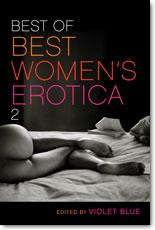

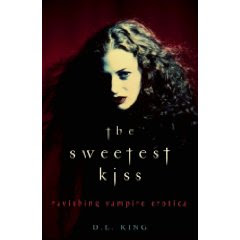


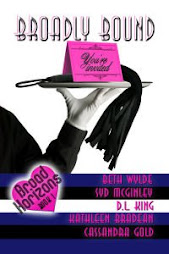.jpg)
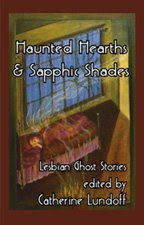

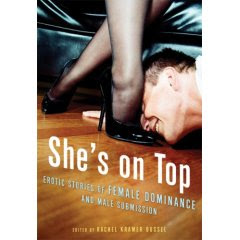







No comments:
Post a Comment